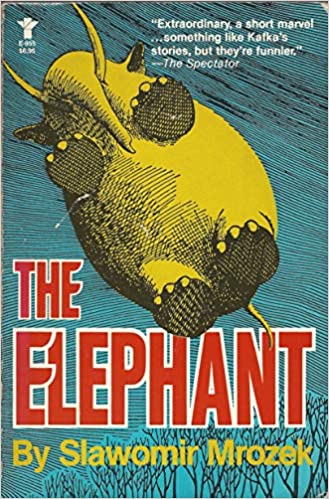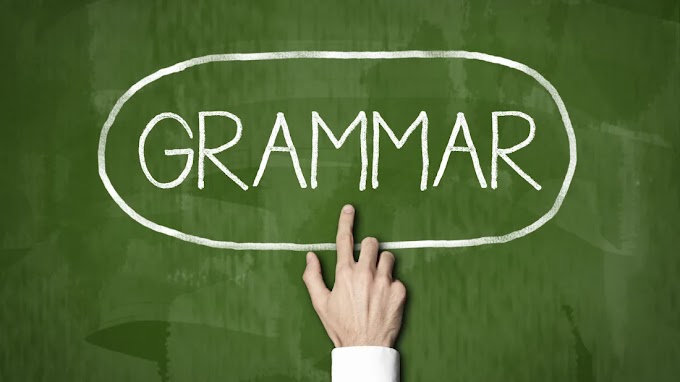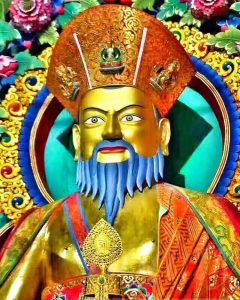Chapter Five
The Prime Minister and the
Council of Minister
The Prime Minister
The Prime Minister is the head of the government.
·
Prime
Minister is responsible for the wellbeing of the nation and people.
·
PM
ensures that the DPSP is respected and followed during the implementation of
the policies and programs.
Appointment
·
The
monarch will appoint the PM but does not enjoy the absolute power
·
Prime
Minister is appointed from the ruling party.
·
He or
She receives Darkyen from the Monarch.
·
He or
She should be a natural born citizen of Bhutan.
Term of Office
·
The
term of Prime Minister is 5 years.
·
He or
She can be the Prime Minister for second term provided he wins the election
once again.
·
If the
vote of no confidence is passed against the Prime Minister, if Prime Minister
recommends the Monarch to dissolve the parliament and if he or she violates the
Constitution, Prime Minister should resign.
Powers and functions
A) Formation of the Council of Ministers
·
The
most power is the formation of the council of ministers
·
The
Prime Minister recommends who he or she thinks are capable.
·
Prime Minister
prepares list of Ministers to Monarch.
·
Monarch
will appoint Council of Ministers.
B) Distribution of Portfolios
(Duties/Responsibility)
·
Prime
minister decides the portfolio of the Ministers.
·
Prime
Minister can charge the portfolio of the Minister if the Minister has not been
up to the expectation of allocated portfolio.
C) Removal of the Ministers
·
Prime
Minister can remove the ministers if Prime Minister is not happy with the work
of the minister or if Prime Minister has to resign after the vote of no
confidence and if PM losses his or her confidence in the ministers.
D) Leader of the Council of
Minister
·
Prime
Minister is the leader of the Council of Ministers.
·
He or
she decides the tropics of agenda to be discussed in the meeting.
·
Prime
Minister coordinates and examines the work of different Ministers in different
ministries.
E) Link between the Monarch
and Council of Minister
·
The
Prime Minister keeps the Monarch informed about the decisions in the cabinet.
·
The
Prime Minister conveys all suggestions and advises given by the Monarch to the
Council of Ministers.
F) Chief Advisor of the
Monarch
·
The
Prime Minister is the Chief Advisor of the Monarch regarding any Ministry and
during National crisis and emergencies.
G) Appointments
·
All the
recommendation for important appointments in the country and outside are made
by Prime Minister to Monarch.
H) Leader of the Ruling
Party
·
The
Prime Minister is the leader of the Ruling Party.
·
He or
she is responsible to lead the party for the wellbeing of the state and the
people.
I) Leader of the Nation
·
If
Prime Minister is responsible of the wellbeing of the State and the People like
the Monarch, He or she is also the leader of Nation.
·
PM is
also the chief advisor of the monarch during the national crisis and emergencies.
Council of Ministers(Lhengye Zhungtshog)
·
It is
headed by the Prime Minister.
·
Their
main responsibility is to formulate and implement the policies and programs of
the state based on Directive Principles
of the State Policy.
Appointment and Composition of the Council of Ministers
·
The
Council of Ministers comprises of the Prime Minister and 10 heads of different
10 ministries.
·
The
Prime Minister is appointed by Druk Gyalpo from the ruling party as the head of
the Council of Ministers.
·
Ministers
are appointed by the Druk Gyalpo on the recommendation of Prime Minister from
ruling party.
·
In
future, the number of ministers can increase or decrease depending upon the
number of ministries
Term of Office
·
The
term of all the members in the Council of Ministers is for 5 years.
·
They
should be a natural born citizen of Bhutan.
·
They
should be from the ruling party.
·
The
ministers can be removed by the recommendation of Prime Minister to the Druk
Gyalpo.
·
If the
Prime Minister has to resign because of vote of no confidence then all the
ministers have to resign.
·
Before
their office they have to undertake the Affirmation of Office.
Powers and Functions of Council of Ministers
a) Formulation of National Policies
Ø To formulate policies and programmes with the
help of Directive Principles of the State Policy and their policies and
programmes should focus on their party manifesto.
b) Execution and implementation of the National
Policies
Ø They should implement their policies and
programmes for the wellbeing of the people and progress of the State.
c) Promotion of Domestic and International
Relations
Ø They are responsible for making foreign
policies to promote relation with other countries.
Ø They are responsible to promote social,
economic and cultural development.
d) Financial Functions
Ø They are responsible to allot resources to
different ministries and to present money bills to the parliament.
e) Legialative Power
Ø The Council of Ministers plays very important
role in formulating laws because the Council of Ministers are formed by the
ruling party which have maximum members in the parliament, the bills get passed
with their majority easily.
f) Bridge between the monarch and the people
Ø They run the government in the name of the
Monarch and they formulate policies and programmes for the wellbeing of the
people and nation. Therefore, they are
the bridge between the Monarch and the people.









0 Comments